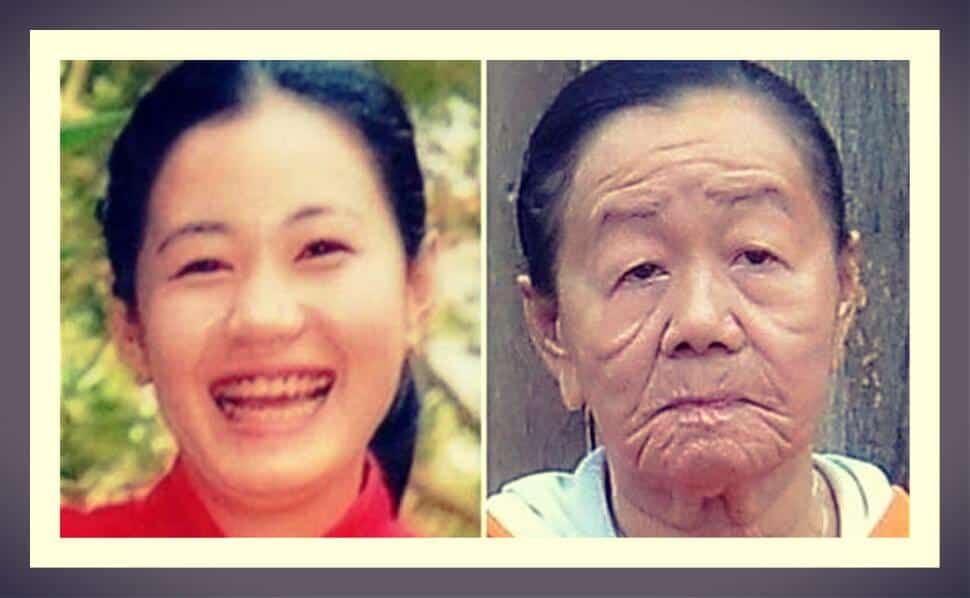Is your family member showing signs of memory loss? Don’t ignore these crucial signals. Discover the activities and strategies that can transform their life.
Therapeutic Activities for People with Alzheimer’s
Eleanor watched her grandmother with concern. She didn’t understand why her grandmother forgot such basic things as where she placed the sugar or the day she needed to pay the bills. Sometimes, she didn’t even remember when she needed to get ready to go shopping.
— Mom, why is Grandma acting this way? —Eleanor inquired—. She used to be so meticulous and now she seems disoriented and sad.
— Darling, Grandma is getting older —her mother replied softly—. Now more than ever, she needs our love and understanding.
Eleanor frowned, — Does getting older mean forgetting everything? Will it happen to me too?
Her mother sighed before answering: — Not everyone forgets as they age, Eleanor. But we believe Grandma might have Alzheimer’s, which makes her forget things more frequently. We might consider taking her to a specialized home to provide her with the proper care.
Eleanor felt a lump in her throat. — She won’t like leaving her house, Mom. She’ll miss it.
— It’s possible —her mother admitted—. But she will be well cared for and make new friends there.
Looking down, Eleanor murmured, — Will we be able to visit her regularly? I’ll miss her, even if she doesn’t remember much.
Her mother smiled affectionately. — We can visit her on weekends and bring her gifts.
With a small smile, Eleanor suggested, — How about ice cream? Grandma loves strawberry ice cream.
The first time they visited Grandma at the home, Eleanor struggled to hold back her tears. Looking around, she commented: — Mom, many of the residents are in wheelchairs.
— They need them to move around safely —her mother explained—. When you greet Grandma, tell her she looks well and smile.
They saw Grandma sitting alone in a bright room overlooking the garden. Eleanor approached and hugged her.
— Grandma, we brought you strawberry ice cream, your favorite —she said, showing her the container.
Grandma took the ice cream and started eating it silently.
— Even if she doesn’t show it, she’s enjoying it —Eleanor’s mother assured her.
Eleanor felt a weight in her heart. — But she seems not to recognize us.
Her mother tried to console her. — Give her time, she’s adapting to this place.
The next time they visited, Grandma reacted the same way. She ate the ice cream and smiled at them but didn’t speak.
Eleanor, with hope in her eyes, asked, — Grandma, do you recognize me?
Grandma looked at her and said, — You’re the ice cream girl.
With tears in her eyes, Eleanor insisted, — I’m Eleanor, your granddaughter. Don’t you remember me?
Grandma smiled sweetly at her: — I recognize you. You’re the ice cream girl.
Eleanor understood that perhaps her grandmother would never remember her as before. She lived in her own world, full of vague memories and lonely moments.
Eleanor exclaimed passionately, — I love you so much, Grandma!
Grandma shed a tear and murmured: — I remember love.
Eleanor’s mother approached and whispered: — That’s all she needs, love.
Eleanor nodded with determination. — Then I’ll bring her ice cream every weekend and hug her, even if she doesn’t remember me.
In the end, feeling love was more meaningful than remembering a simple name.
Memory may fade, but love endures. Discover how you can make a difference in the life of someone with Alzheimer’s. Share and act to provide the care they deserve. This story was inspired by its original author, Marion Schoeberlein




